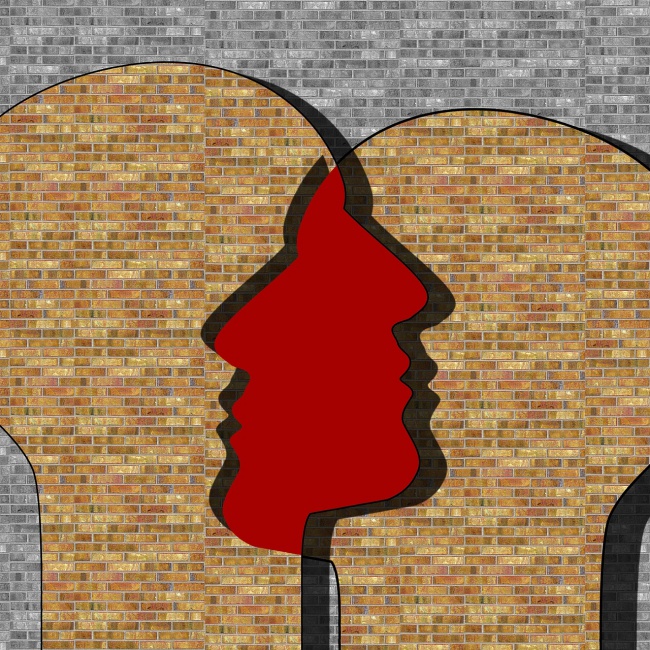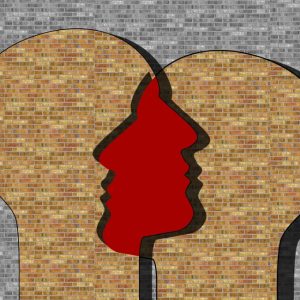
In a recent Sunday Times article Patience Wheatcroft argued that “chairing a company today requires a combination of vision, knowledge, diplomacy and determination.”[1] This makes sense when we think of governance as a Board and Chair responsibility that is focused on the organisation.
But what if we think of governance in broader terms? Starting with the planet? And applying our values all the way down to the self?
Deloitte’s Chair of the Future report, which Wheatcroft refers to, suggests that Chairs will have to “navigate a greater pace of change and uncertainty… The legacy of corporate business models, current business structures and an increasing mountain of regulation make it challenging for businesses to be nimble when responding to change.”[2]
Their response is that Chairs of the future will need the following attributes:
- An even greater emphasis on strong emotional intelligence and influencing skills
- An agile and curious mind-set
- A healthy degree of humility, being considerate and creating the space for reflection, combined with being able to challenge the CEO constructively
- The right breadth and depth of understanding of the business and competitive landscape
But this doesn’t go far enough. Some things that stand out for us:
Multiple stakeholders
Multiple stakeholders are important. In the past when our society tended to try to simplify things in a ‘scientific’ manner, the principal stakeholder was the group which supplied the money (the shareholders) and which, therefore ‘owned’ the organisation. So, when it came to governance, the shareholders were the single most important stakeholder. Their interests needed to be protected above all else. While this made things more straightforward for anyone in a governance role, it increasingly causes things to get out-of-step with the complex, interdependent world in which the organisation needs to survive.
Governance must now focus on multiple stakeholders (e.g. employees, suppliers, levels of government, shareholders, future generations, the planet, and so on). This begins to respect the volatility, uncertainty, complexity and interdependent nature of our various marketplaces. Somehow, we need to capture the detail of all these various relationships and create coherent pictures or ways forward in which the organisation can thrive.
Accountability
Governance must balance the need for consistency and continuity with flexibility – ensuring that any concentrations of power are accountable. While a company Board might have the role of governance, it must be accountable to the various key stakeholders. This also requires that the stakeholders recognise their responsibility and accountability in a network of interdependent relationships – recognising that it is in their interest to have this multiple focus.
Even if you have the most innovative and forward-thinking Board structure, if the members have not bought into it, it won’t work. We’ve seen a number of times where this has been the case – particularly if the person not ‘bought in’ is the Chair – then the question is whether the Board is accountable to another body (or bodies) that can do something about it.
An organisation still needs some form of authentic hierarchy – those who can hold the bigger picture, those who can hold the dynamics of the coalface and those who can work with both.
Beliefs and expectations
Understanding the beliefs and expectations that determine how we interpret a situation. The governance process must be clear about the multiple interpretations that are used to determine and interpret the feedback which guides the decision-making process.
Knowledge and know-how
Knowledge and know-how – the governance process also needs to ensure that knowledge and know-how is distributed throughout the organisation. This facilitates the distribution of leadership with opportunities to self-govern when possible. It also helps to ensure that the knowledge and know-how is tested by multiple sources – improving the accuracy, relevance and appropriateness of the information.
This is why the ‘I, We, All of Us’ is so important. Governance isn’t just about one element of the holarchy. It requires a depth and width of approach that helps to support our organisations in this interdependent, complex, uncertain and fast-changing world.
[1] https://www.thetimes.co.uk/article/patience-wheatcroft-a-chairmans-job-is-so-much-more-than-getting-meetings-done-by-lunch-0nwtjjdgr
[2] https://www2.deloitte.com/content/dam/Deloitte/uk/Documents/about-deloitte/deloitte-uk-chair-of-the-future.pdf











